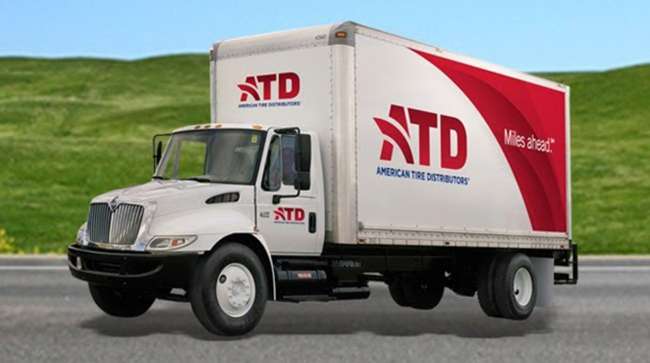Bloomberg News
American Tire Seeks Bankruptcy After Deal With Lenders

[Stay on top of transportation news: Get TTNews in your inbox.]
American Tire Distributors Inc., which sought bankruptcy protection in 2018 after the defection of two major manufacturers, has filed for Chapter 11 again as it considers a sale process to cut debt.
The company made the voluntary filing in Delaware with $1.9 billion of debt, according to a court document. It has entered into a restructuring support agreement with lenders “that contemplates transitioning ownership of the company through a competitive sale process,” according to a statement.
American Tire Distributors ranks No. 32 on the Transport Topics list of top wholesale/retail carriers in North America.
The lender group, which represents 90% of the company’s term loan, is providing a so-called stalking horse bid, meaning that it’s subject to better offers, should any materialize, according to the filing. The cohort includes Guggenheim Partners Investment Management, KKR & Co. Inc., Monarch Alternative Capital, Sculptor Capital Management Inc. and Silver Point Capital.
American Tire will continue to operate across its nationwide network. It has received commitments for $250 million in new financing from the lender group, and access to $1.2 billion from lenders under an asset-based lending facility, according to the release.
Want more news? Listen to today's daily briefing above or go here for more info
The company was thrown into disarray in 2018 when the makers of Goodyear and Bridgestone tires decided to deal directly with consumers through their own networks. In what a company executive at that time described as an almost simultaneous blow, Sears Holdings Corp.’s auto centers agreed to install tires bought on Amazon.com.
Profits got a temporary boost after the pandemic, as a sharp decline in auto sales triggered a surge in demand for used cars and replacements parts, such as tires. But margins rapidly narrowed and the company suffered as customers moved toward lower-priced products, the company’s chief restructuring officer said in a court filing.




